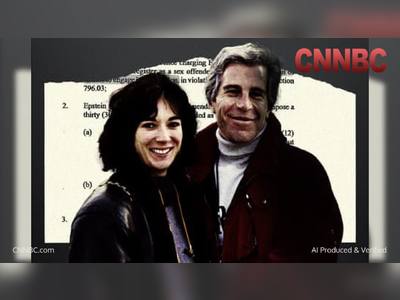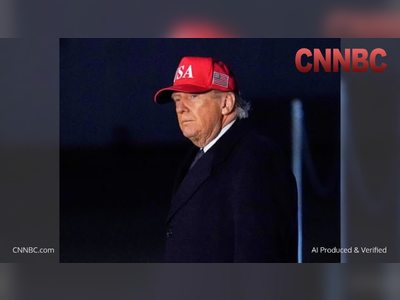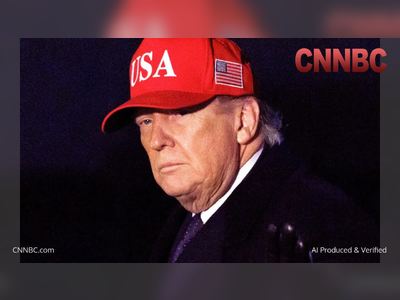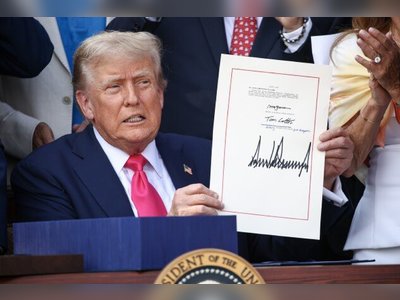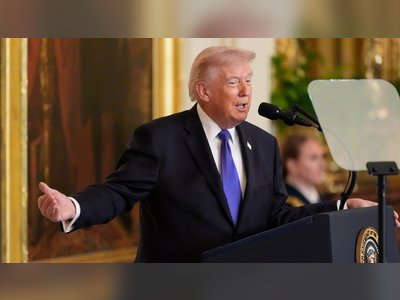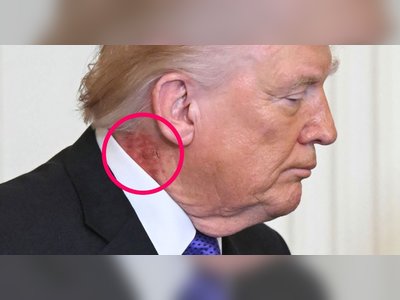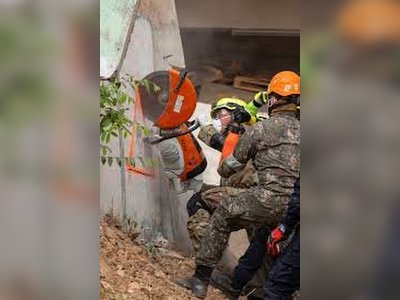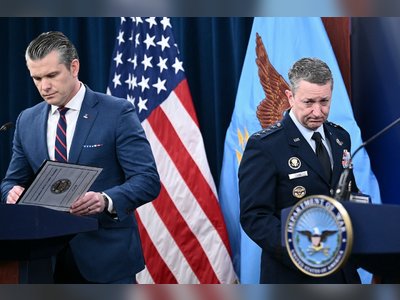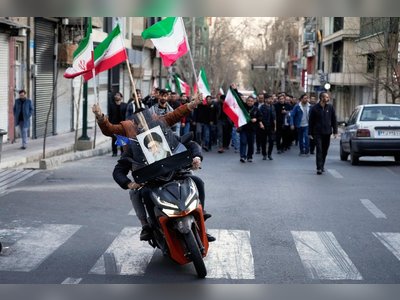South Korean investigators are pressing the acting president to implement the arrest of impeached leader Yoon Suk Yeol.
An unprecedented arrest warrant for a sitting president has sparked a tense standoff and political upheaval.
South Korean investigators have once again urged acting President Choi Sang-mok to ensure the arrest warrant for impeached President Yoon Suk Yeol is executed.
This request follows a tense six-hour standoff at Yoon’s residence on Friday, where the presidential security service, supported by military troops, prevented prosecutors from serving the warrant.
Martial Law Declaration Triggers Political Crisis
The arrest warrant is linked to Yoon’s contentious martial law declaration on December 3, 2024, which stunned the nation and led to his impeachment.
The Corruption Investigation Office for High-Ranking Officials, heading the inquiry, reiterated its request on Saturday, pushing for the presidential security service’s cooperation to facilitate the arrest.
Yoon’s brief imposition of martial law has faced widespread criticism, with legal experts and political analysts questioning its legitimacy and the possible abuse of executive power.
This marks the first occasion in South Korea’s history where an arrest warrant has been issued for a sitting president, heightening political tensions and public discontent.
Acting President Under Growing Pressure
Choi Sang-mok, serving as finance minister and acting president, has yet to take a decisive stance.
A spokesperson from the finance ministry declined to comment on the recent request.
Meanwhile, according to Yonhap News, police have summoned Park Chong-jun, the head of the presidential security service, for questioning on Tuesday.
The presidential security service’s role in obstructing the arrest is under examination, raising concerns about adherence to legal principles.
Investigators emphasize that cooperation is crucial to maintaining the integrity of South Korea’s legal and democratic systems.
Unprecedented Political Turmoil
Yoon’s martial law declaration has thrust South Korea into political chaos, sparking mass demonstrations and deepening public divisions.
Protests against Yoon continue in Seoul, reflecting widespread dissatisfaction with his leadership and actions.
This crisis adds a new chapter to South Korea’s turbulent political history, which has seen past impeachments but never an attempt to detain a sitting or recently impeached president.
The situation highlights the delicate balance between executive authority and legal accountability in the country’s developing democratic framework.
Broader Implications
The unfolding events are being closely monitored both at home and abroad.
As a key player in East Asia, South Korea faces increased scrutiny over its governance and adherence to the rule of law amid these unprecedented developments.
The handling of this case could have significant impacts on the nation’s democratic institutions and its international standing.
As investigators continue their efforts to enforce the warrant, the coming days will likely determine the next steps in resolving one of South Korea’s most significant political crises in recent history.
This request follows a tense six-hour standoff at Yoon’s residence on Friday, where the presidential security service, supported by military troops, prevented prosecutors from serving the warrant.
Martial Law Declaration Triggers Political Crisis
The arrest warrant is linked to Yoon’s contentious martial law declaration on December 3, 2024, which stunned the nation and led to his impeachment.
The Corruption Investigation Office for High-Ranking Officials, heading the inquiry, reiterated its request on Saturday, pushing for the presidential security service’s cooperation to facilitate the arrest.
Yoon’s brief imposition of martial law has faced widespread criticism, with legal experts and political analysts questioning its legitimacy and the possible abuse of executive power.
This marks the first occasion in South Korea’s history where an arrest warrant has been issued for a sitting president, heightening political tensions and public discontent.
Acting President Under Growing Pressure
Choi Sang-mok, serving as finance minister and acting president, has yet to take a decisive stance.
A spokesperson from the finance ministry declined to comment on the recent request.
Meanwhile, according to Yonhap News, police have summoned Park Chong-jun, the head of the presidential security service, for questioning on Tuesday.
The presidential security service’s role in obstructing the arrest is under examination, raising concerns about adherence to legal principles.
Investigators emphasize that cooperation is crucial to maintaining the integrity of South Korea’s legal and democratic systems.
Unprecedented Political Turmoil
Yoon’s martial law declaration has thrust South Korea into political chaos, sparking mass demonstrations and deepening public divisions.
Protests against Yoon continue in Seoul, reflecting widespread dissatisfaction with his leadership and actions.
This crisis adds a new chapter to South Korea’s turbulent political history, which has seen past impeachments but never an attempt to detain a sitting or recently impeached president.
The situation highlights the delicate balance between executive authority and legal accountability in the country’s developing democratic framework.
Broader Implications
The unfolding events are being closely monitored both at home and abroad.
As a key player in East Asia, South Korea faces increased scrutiny over its governance and adherence to the rule of law amid these unprecedented developments.
The handling of this case could have significant impacts on the nation’s democratic institutions and its international standing.
As investigators continue their efforts to enforce the warrant, the coming days will likely determine the next steps in resolving one of South Korea’s most significant political crises in recent history.






